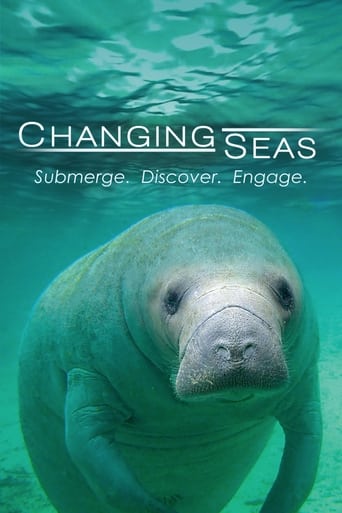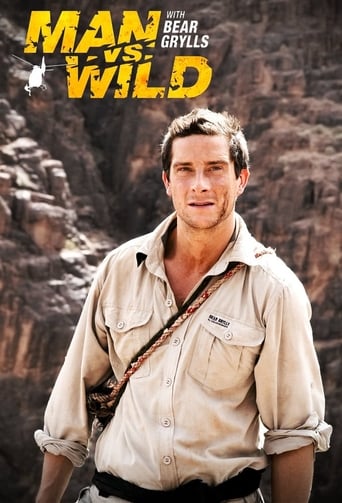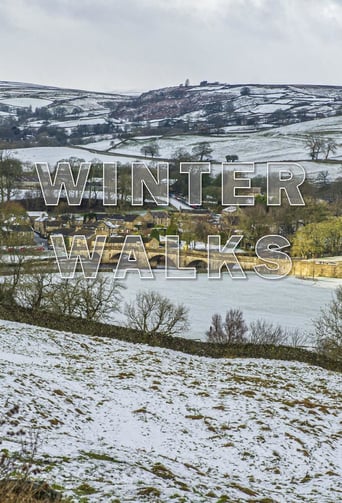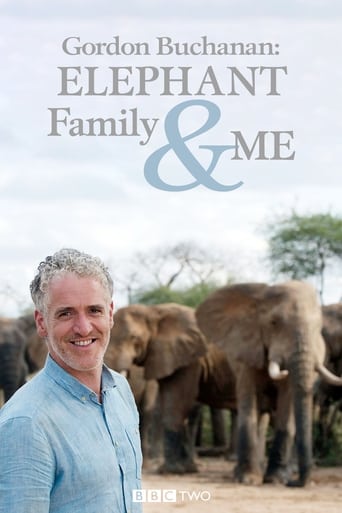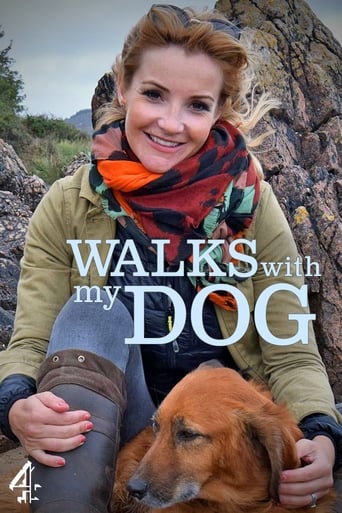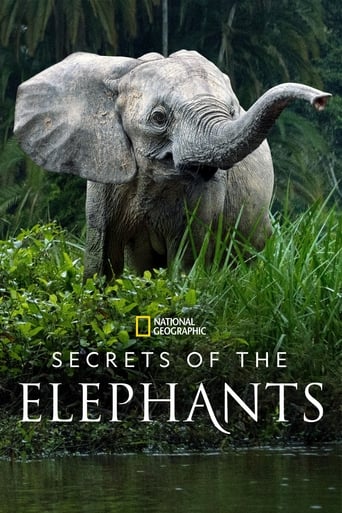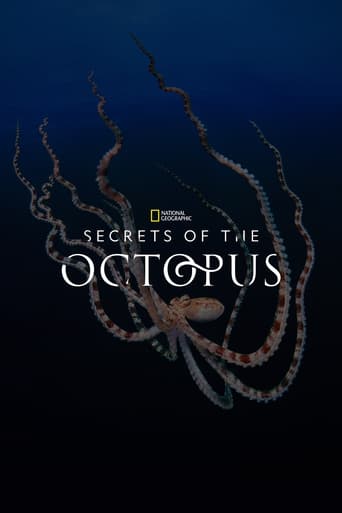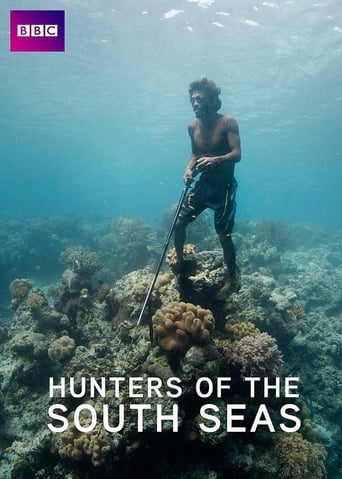Changing Seas Season 5
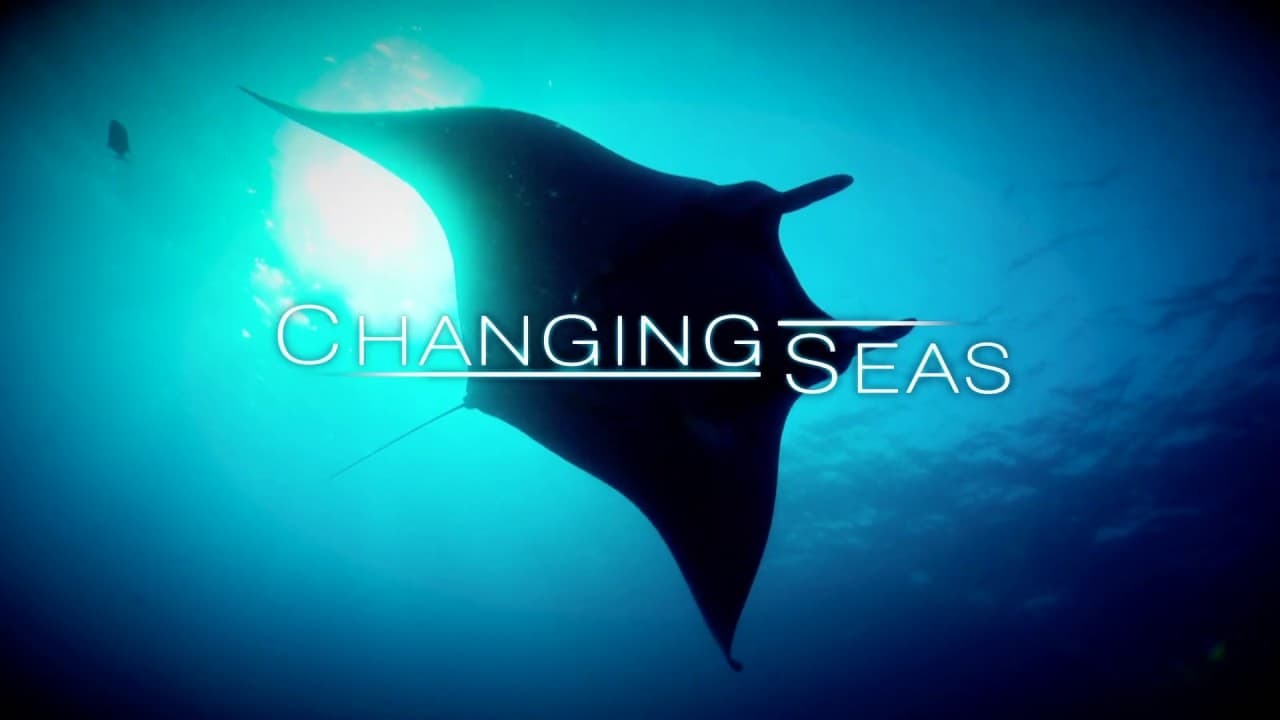
Produced by South Florida PBS in Miami, Florida, Changing Seas gives viewers a fish-eye view of life in the deep blue. Join scientists as they study earth’s last frontier and discover the mysteries of our liquid planet.
Watch NowWith 30 Day Free Trial!
Changing Seas
2009 / TV-G
Produced by South Florida PBS in Miami, Florida, Changing Seas gives viewers a fish-eye view of life in the deep blue. Join scientists as they study earth’s last frontier and discover the mysteries of our liquid planet.
Watch Trailer
With 30 Day Free Trial!
Changing Seas Season 5 Full Episode Guide
Scientists with the Global Reef Expedition are on a six year mission to study remote coral reefs around the world. While in French Polynesia, the experts conduct extensive habitat mapping to create one of a kind seafloor atlases. Scientists also assess the health of the reefs to compare and contrast the resilience of reef systems over a large geographical area.
In the cold, deep waters of the Gulf of Mexico, little-known animals spend their entire lives in near darkness, far removed from our human world. Until now, little research has been conducted on these creatures of the deep, keeping much of their lives a mystery. Then, in April of 2010, the Deepwater Horizon oil rig exploded, setting off the largest marine oil spill in the history of the petroleum industry. Roughly 4.9 million barrels of crude oil gushed out of the well at a depth of 5-thousand feet. In the disaster's aftermath, many questions arose about what lives in the deep waters of the Gulf, and how these animals may have been impacted by the oil. To answer these questions, scientists from the Deep-C Consortium's ecology team conduct regular research trips in the area.
In the Florida Keys, divers from around the country learn how to map shipwrecks and apply their skills on a mysterious 19th Century slave ship. When diving isn't possible, professional explorers use high-tech tools to scan objects buried beneath the seafloor.
While Elkhorn and Staghorn corals have undergone a drastic decline in the Caribbean, their hybrid, "Fused Staghorn," is increasing in numbers in parts of the region. One scientist is studying the animals in Belize to see if the hybrid might be better equipped to deal with environmental stressors than its parents.
Free Trial Channels
Seasons


